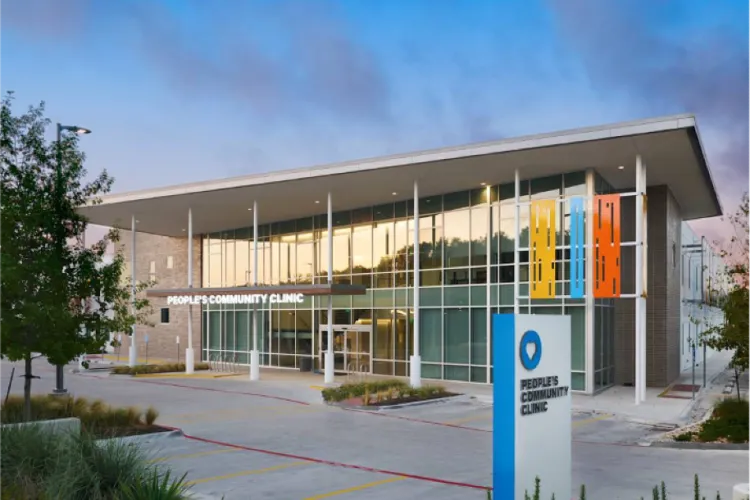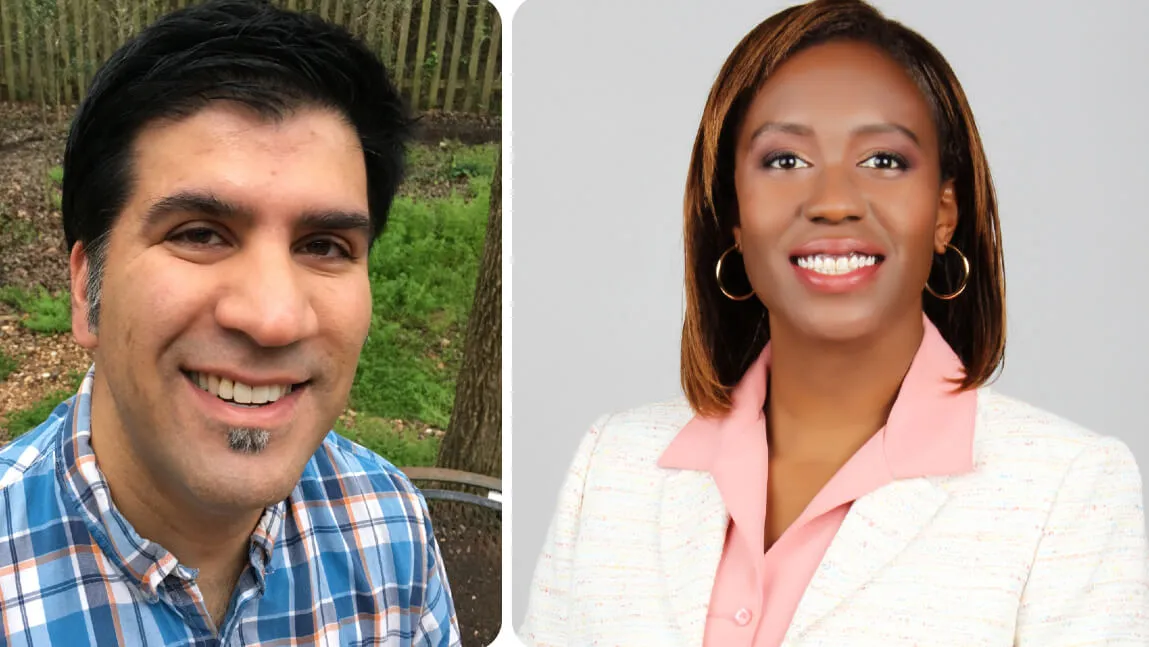Integrative health practitioners often take pride in the fact that they look at the root causes of illness in comparison to conventional medical practitioners who typically treat symptoms. Addressing a patient's diet, activity, sleep and stress is crucial to proper diagnosis and treatment. However, to truly impact a patient's or population's health, one must look further upstream. Social and structural determinants play an oversized role in the ability of individuals and communities to stay healthy, and this is even more pronounced in historically marginalized and under-resourced communities.
On February 7 at 8:00 a.m., join presenters Sharad Kohli and Keegan Warren-Clem to explore how a federally qualified health center in Texas takes a multilevel approach to help advance health equity: (1) using a relational, whole person, interprofessional model with patients in clinic; (2) helping connect patients to resources that address unmet individual social needs such as food, transportation, and housing; and (3) advocating for policy changes that impact the health of the community. This presentation is part of the Laura Mann Integrative Healthcare lecture series, which brings integrative health care leaders together during Family Medicine Grand Rounds to share best practices, current research and innovations in the field.
Dr. Sharad Kohli is a family physician who has dedicated his career to advancing health equity. He has spent two decades working with Federally Qualified Health Centers in urban and rural settings in California and Texas. He is a co-founder of Integrative Medicine for the Underserved (IM4US) and served in leadership for the Integrative Health Policy Consortium (IHPC). Dr. Kohli currently is Medical Director of the Integrative Pain Management Program at People’s Community Clinic, an FQHC in Austin, Texas.
Keegan Warren-Clem, J.D., LL.M. is a Senior Consultant with Health Management Associates, where she provides input on health equity matters through a civil justice lens. A former senior managing attorney, Keegan has more than a decade of experience in developing, integrating, and evaluating medical-legal partnerships, which embed attorneys and paralegals within health care teams to mitigate social determinants of health. Through this national model, Keegan has worked collaboratively with health care providers serving the lifespan to improve outcomes by bringing patient-centered legal and structural expertise into all aspects of the delivery of health care. She has also overseen other targeted legal assistance programs for survivors of sexual assault, victims of crime, and veterans. Keegan is a triply appointed adjunct professor and lecturer at The University of Texas’ School of Law, McCombs School of Business, and School of Design and Creative Technologies; her courses focus on health justice and health law and policy.
This presentation is free and open to the public, but registration is required. Register here >>

